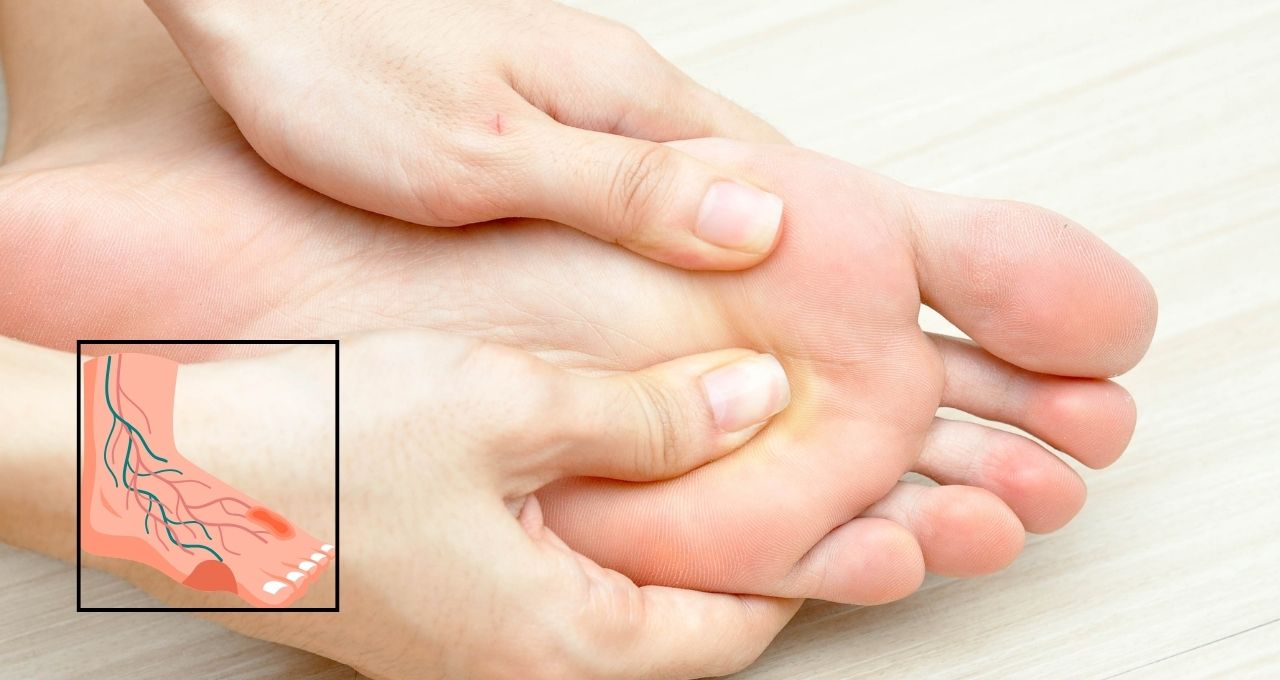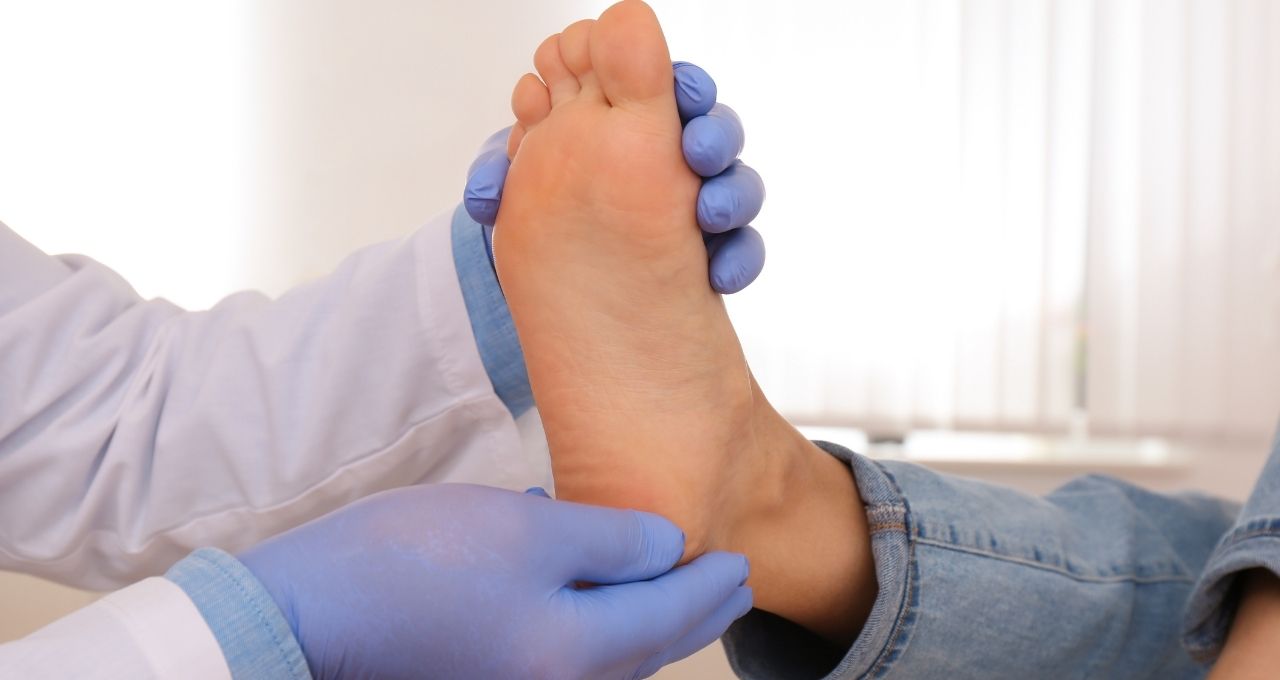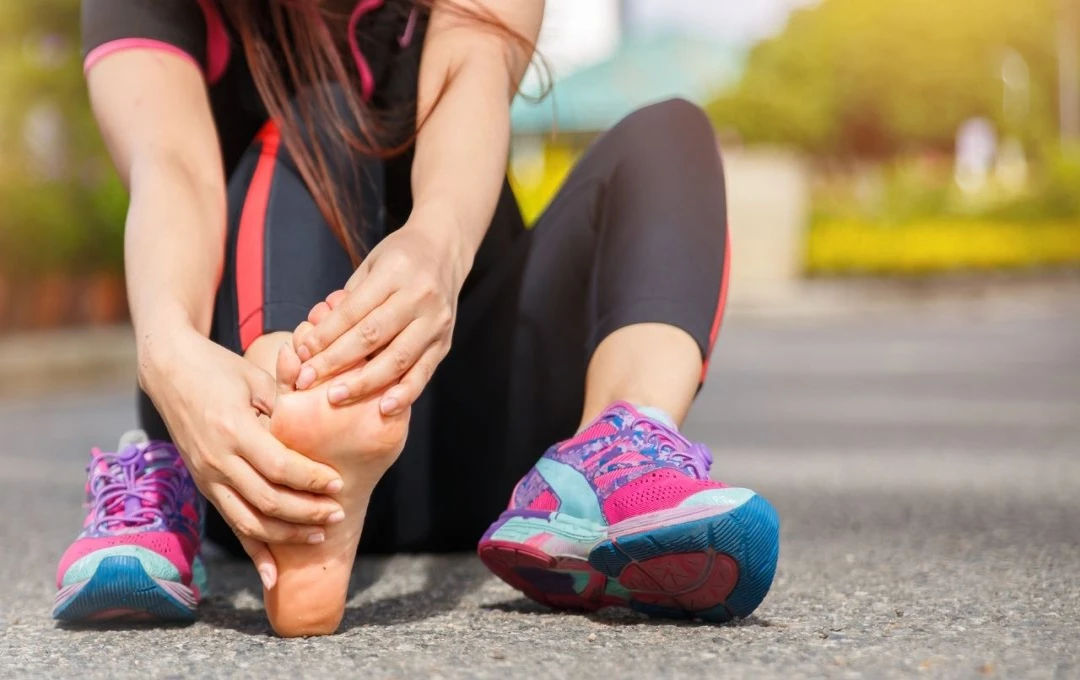If you experience sharp pain or a stinging sensation in your soles every morning as soon as you take your first step out of bed, it could be a sign of a serious health problem. People often ignore this, attributing it to fatigue, age, or the effects of excessive walking. However, it can actually be a warning sign of essential nutrient deficiencies in your body. Especially if this problem occurs daily, it shouldn't be taken lightly.
This article will explain why you might experience foot pain in the mornings, the possible nutrient deficiencies behind it, and how you can prevent it.
Possible Causes of Morning Sole Pain

1. Vitamin D Deficiency
Vitamin D aids in calcium absorption and is crucial for b bones and muscles. A deficiency weakens bones and can cause muscle stiffness. This manifests as pain in the soles of the feet, particularly in the morning when the body transitions from rest.
2. Calcium Deficiency
Calcium is the primary building block of bones. A deficiency can lead to bone inflammation, joint pain, and difficulty walking. The pain and discomfort are felt most acutely in the morning when you wake up and the body's weight presses on the soles.
3. Magnesium Deficiency
Magnesium is an essential mineral for muscles and the nervous system. Deficiency can cause muscle cramps, burning sensations, and weakness. Sometimes, this problem manifests as intense pain in the morning after a night of rest.
4. Dehydration
The body doesn't consume water overnight, leading to dehydration in the morning. This affects nerves and muscles, potentially causing numbness or pain in the feet.
Things to Keep in Mind
- Get Sunlight: Sunlight is the cheapest and most natural source of Vitamin D. Sit in the morning sun for at least 15-20 minutes daily. This will help provide your body with Vitamin D naturally and improve bone health.
- Maintain a Balanced and Nutritious Diet: Include milk, yogurt, cheese, green leafy vegetables, eggs, mushrooms, almonds, and sesame seeds in your diet. These foods are rich in Vitamin D, calcium, and magnesium and help maintain b muscles.
- Morning Stretching: Before getting out of bed, gently move your feet, rotating your ankles and toes. Light stretching activates muscles and reduces the chances of sudden strain or pain.
- Warm Water Soaks: If you experience frequent pain in the soles of your feet, soaking them in warm water in the morning is beneficial. You can also apply a warm water bottle compress. This relaxes muscles and improves blood flow, providing pain relief.
- Magnesium Supplements: If your diet lacks sufficient magnesium, you can take magnesium supplements, but only after consulting a doctor. Do not self-medicate; always seek expert advice.

When to See a Doctor?
- If the pain is daily and doesn't improve for weeks.
- If you also experience swelling, burning, or numbness in your feet.
- If walking is difficult immediately upon waking.
In such cases, consult a specialist and get a blood test to determine any nutrient deficiencies.















